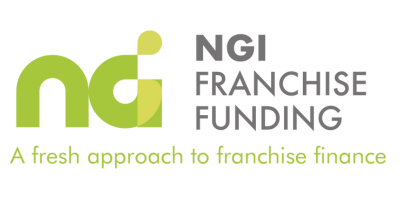Tips for franchise business planning

We’re approaching the point at which many franchisees are planning and starting to think about their business goals for the year ahead. The key challenge facing most now though is how to convert those goals into reality? Quite simply you break them down in to bite sized chunks, plan methodically and continually check on their financial viability.
Often the businesses that fail in the first few years of trading are those with no proper business plan to follow. The saying “failing to plan, is planning to fail” really does sum up the journey for many new businesses. With a clear and detailed plan which is aligned to business goals, the chances of success are greatly increased.
We often get asked what is the business planning process that will help me. The first if to set SMART business objectives, which broken down translates to:
S – SPECIFIC: objectives that are clearly defined (nothing that is fictitious or unachievable).
M – MEASURABLE: making sure you know exactly where you are and that your decisions are fully aligned with your objectives.
A – ACHIEVEABLE: ensuring your objectives are achievable and that you are not being overly optimistic.
R – REALISTIC: don’t try to run before you can walk.
T – TIME-BASED: set milestones that you can track and work towards.
Once your SMART objectives are finalised you then need to understand the market and your competition. Research is key and thanks to the online resources available today this research is much easier to compile. However, we often forget to put the mileage in by physically travelling to find out about the location we are planning to operate in, what is around, what the local business community is like and who our competitors are. Items like mystery shopping exercises are often overlooked but can be invaluable.
Next up is to pull everything together to form an operating strategy along with the development of a marketing plan. The operating strategy will itemise the step-by-step process of how you are going to achieve your business objectives. The marketing plan will outline how you are going to proactively promote the business considering areas such as website, social media, SEO, advertising, direct mail, networking and e-marketing.
Next you need to identify the resources required to help the business succeed. This could be both physical and human and includes areas such as staff, property, equipment and vehicles.
The final piece in the jigsaw which glues everything together is the financial planning. It is important to have a monthly profit and loss projection along with monthly cashflow forecast. A projected balance sheet will also help to shape the future of the business, identifying what is needed to successfully run the business and what is needed to make good profit levels.
Looking for more advice and guidance to help you fast-track the growth of your business? Get in touch with the NGI Franchise Funding team to find out how they can support you.

